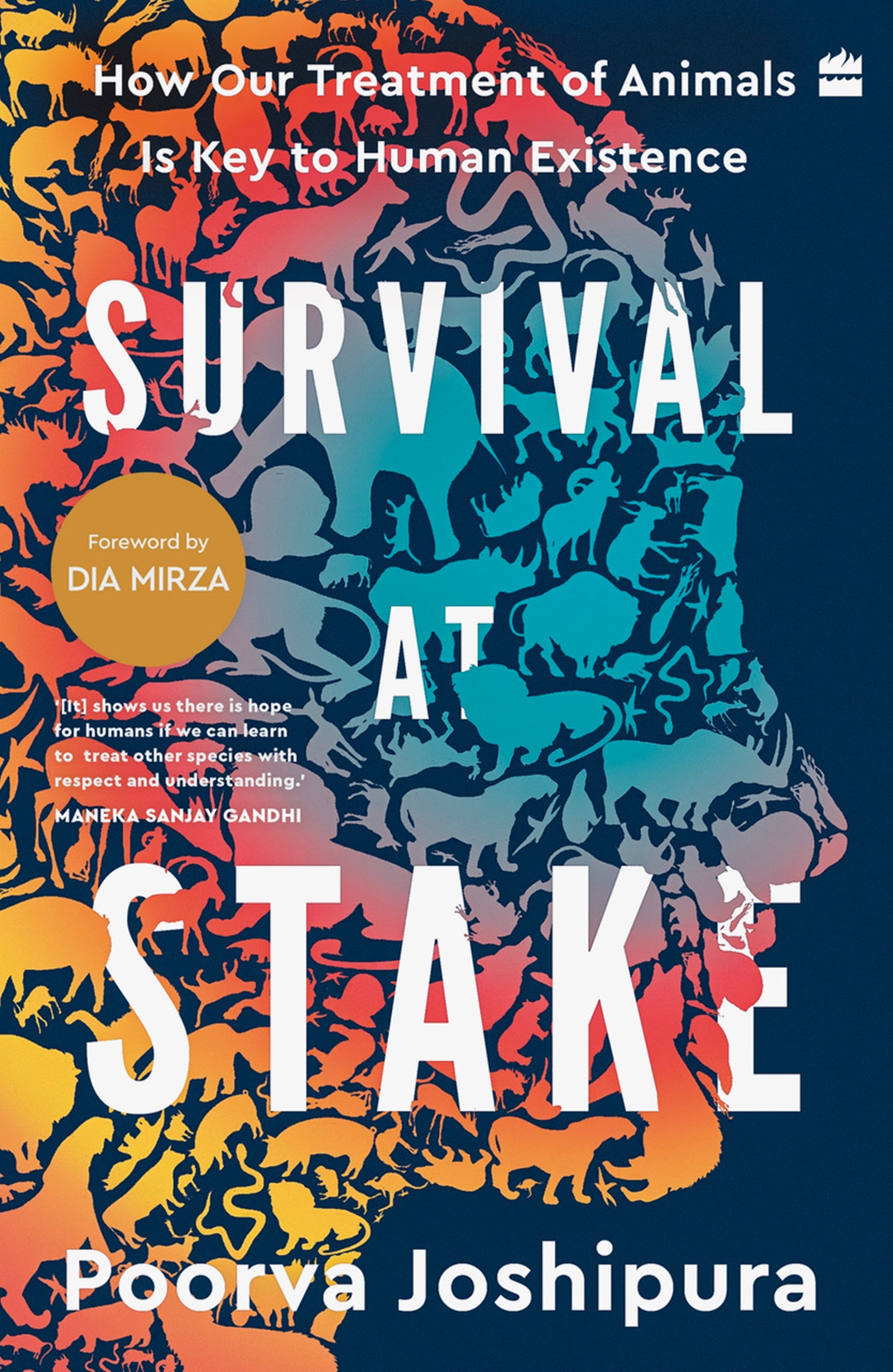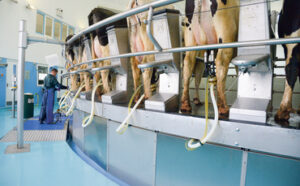Poorva Joshipura always loved animals but felt her actions did not always match up to this feeling. “I used to eat and wear animals, buy animal-tested products, and so on. Many of us are socialised to believe these and other oppressions of animals are ‘normal’. While my parents grew up vegetarian, I did not, and it took a comment from a friend from school for me to reconsider my views,” recalled Poorva, the current PETA India director.
One day, while they were eating lunch in a mall food court, a friend of hers challenged her to get a chicken burger. “While I still ate the burger that day, what she said struck me—she reminded me that I was eating an animal. This comment led me down a journey of reading and discovery. And when I learned what we do to animals, how we deprive them of everything natural and important to them, and ultimately take their lives, I thought normal or not—what we do is wrong,” recollected Joshipura, in an exclusive interaction with indianexpress.com.
That led to her becoming a vegetarian 31 years ago, and then a vegan nearly 25 years ago.
 Poorva Joshipura’s new book Survival At Stake (Source: PR Handout)
Poorva Joshipura’s new book Survival At Stake (Source: PR Handout)
Speaking on the sidelines of the ongoing UN’s COP28 (2023 United Nations Climate Change Conference or Conference of the Parties of the UNFCCC) in Dubai, Joshipura opined on this year’s event being “largely vegan or at least meat-free”. “Why, one might ask, would a conference about protecting the planet serve any climate-adverse foods? That’s like a conference on child protection employing child labour. But it’s a start. It is also an important recognition of what scientists have been warning us about for so long: meat, egg, and dairy production is contributing significantly to climate chaos,” said Joshipura.
Stressing that Denmark has taken note, Joshipura explained that it has published the world’s first national action plan to transition towards a more plant-focused food system. “Following COP28 discussions, I hope other countries will follow suit. Denmark’s plan, released by its Ministry of Food, Agriculture and Fisheries, includes training chefs in preparing vegan meals, serving more plant-based foods in schools, increasing exports of Danish-made vegan foods, and funding the vegan food sector,” said Joshipura, adding each vegan saves up to nearly 200 animals a year.

The animal rights activist’s new book Survival at Stake: How Our Treatment of Animals is Key to Human Existence (with a foreword by Dia Mirza) shows us how human and animal welfare is the same and why embracing compassion for all species is essential to overcoming the global crisis that looms over us. “While things are changing, a common response when I tell people I help animals is for them to say we should tackle human problems first. I believe animals are inherently worthy of respect. But with each question I have answered, I have been reminded that many people do not realise that the well-being of humans and other animals is intertwined. For example, animal agriculture is driving the climate catastrophe along with various forms of pollution and antibiotic resistance, SARS originated in a wildlife market as did likely Covid-19, and HIV and Ebola are thought to have been transmitted to humans who hunted other primates. Now, law enforcement experts tell us cruelty to animals is often a precursor to rape and other violent crimes against humans,” expressed Joshipura.
Having written the book in the hope that readers will be inspired to put the food for thought she shares in the book into action right away, Joshipura feels we have limited time to change our current damaging course effectively. “The first step in addressing human-animal conflict is to recognise the source of the conflict. For instance, much wildlife conflict can be blamed on meat, egg, and dairy consumption. That’s because today, systems linked to animal agriculture—those related to breeding, rearing, and slaughtering animals for meat, eggs, dairy, and other animal-derived products—occupy nearly half of the global surface area—nearly half!”
 Poorva Joshipura(Source: PR with Mapel Handout)
Poorva Joshipura(Source: PR with Mapel Handout)
Thanks to the work of PETA India and others, it is illegal to test cosmetics or their ingredients on animals in India; over 33 major designers in India refuse to use leather; no more elephants are used by Indian circuses; and temples are starting to use mechanical elephants to keep real ones in their jungle homes.
“India has a lot to be proud of. The term “vegan” was coined only in 1944, but a Himalayan tribe was vegan thousands of years ago. Vegetarianism also originated in India and started influencing the Western world’s eating habits as early as the fourth century BCE. Today, India has the largest population of vegetarians in the world and has seen an astounding 360 per cent increase in vegans in 10 years,” said the author whose first book For a Moment of Taste (2020) described in detail how animals in India specifically are treated for meat, eggs, and dairy.





